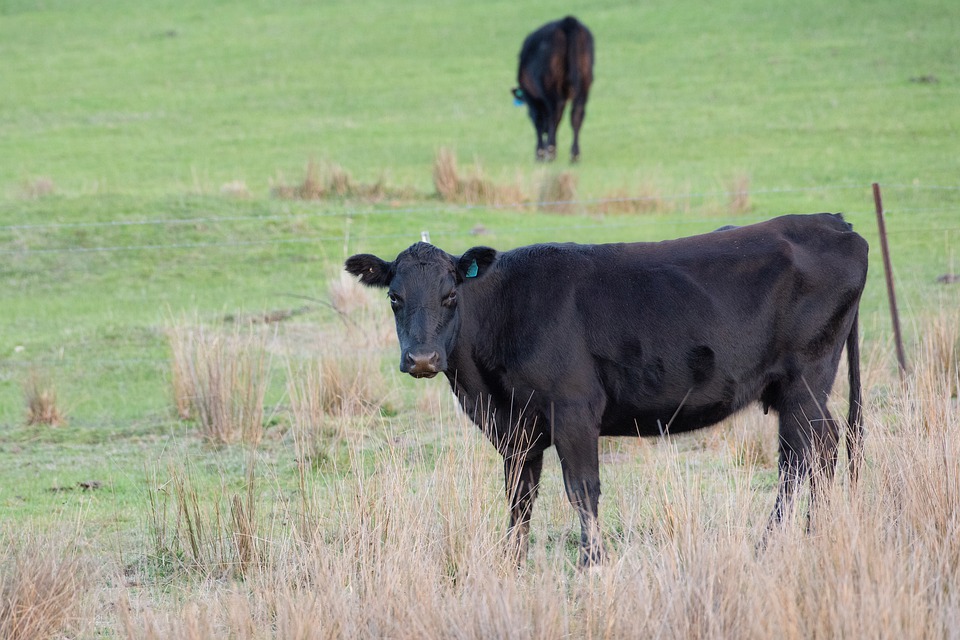In practical terms, the decision will make it tougher for ranchers to transfer private property, including to family members, without encountering heavy regulatory burdens, he said.
by Mateusz Perkowski for Capital Press
Oregon ranchers lose appeal over “grazing priority”
An Oregon ranch family has failed to convince a federal appeals court to preserve their property’s “priority” to graze livestock on public allotments.
The 9th U.S. Circuit Court of Appeals has ruled that ranchers automatically lose the “grazing preference” for their property upon the expiration of their permit to release livestock onto federal allotments.
The ruling has broad implications for Western ranchers, since it rejects legal arguments that a private “base” property must retain its grazing preference even if a grazing permit isn’t renewed.
“It could be the death knell of the Taylor Grazing Act,” he said, referring to the federal statute that regulates public land livestock allotments.
In practical terms, the decision will make it tougher for ranchers to transfer private property, including to family members, without encountering heavy regulatory burdens, he said.
The case demonstrates the difficulty of litigating against the federal government, particularly in the 9th Circuit, Hanley said. “In the long term, you’re going to lose.”
Grazing preferences provide private ranch properties with the top priority to obtain grazing permits on neighboring federal allotments.
Within the livestock industry, such preferences are crucial to the financial value of private ranches. They’re also considered to stabilize the long-term connection between ranchers and surrounding federal lands.
After the U.S. Bureau of Land Management refused to renew their grazing permit, Mike and Linda Hanley of Jordan Valley, Ore., leased their 1,900-acre private ranch to their daughter and son-in-law, Martha and John Corrigan.
However, in 2017 the BLM refused to issue the Corrigans a permit to graze cattle on about 30,000 acres of nearby federal allotments across the border in Idaho.
The agency decided the Oregon base property had lost its grazing preference when the Hanley permit wasn’t renewed, which both couples challenged in federal court.
The BLM’s decision raised an alarm among ranch organizations, such as the Owyhee Cattlemen’s Association and Idaho Cattlemen’s Association.
The groups argued the agency’s interpretation undermines due process rights and “threatens to subvert the entire system of public land livestock grazing.”
The 9th Circuit has now upheld a court ruling that determined BLM’s actions were consistent with the Taylor Grazing Act and the Federal Land Policy and Management Act, which govern public allotments.
Read the full article HERE on Capital Press
Subscribe to RANGE magazine
You may also like
-
BLM resource management plans stymie Western states’ energy development
-
Omnibus bill provision would “unleash” electronic tracking on nation’s cattle
-
Arizona rancher sues to stop million-acre national monument
-
VDH: How to Destroy the American Legal System
-
Bob West: Facing the reality of wolves, Colorado ranchers need to be prepared



Need to lotto off blm and forest service land weekly. Say lotto off from 500 to 50,000 acres per week.
Private landowners will benefit the land.
Afore is an economy builder too. Say Big Cash Lotto returns per acre, a secondary land market for land winners too.
And folks will go out and Use the land.
Truthfully, BLM is next in line Behind the grazers.
The grazing right was established long before there even was a blm.
Kinda seems to me like private people should just Take the land away from blm and forest service too.
The federal government simply does not manage land the way land Needs to be managed. So Take the land away from them.
Easy to say, tough to accomplish.